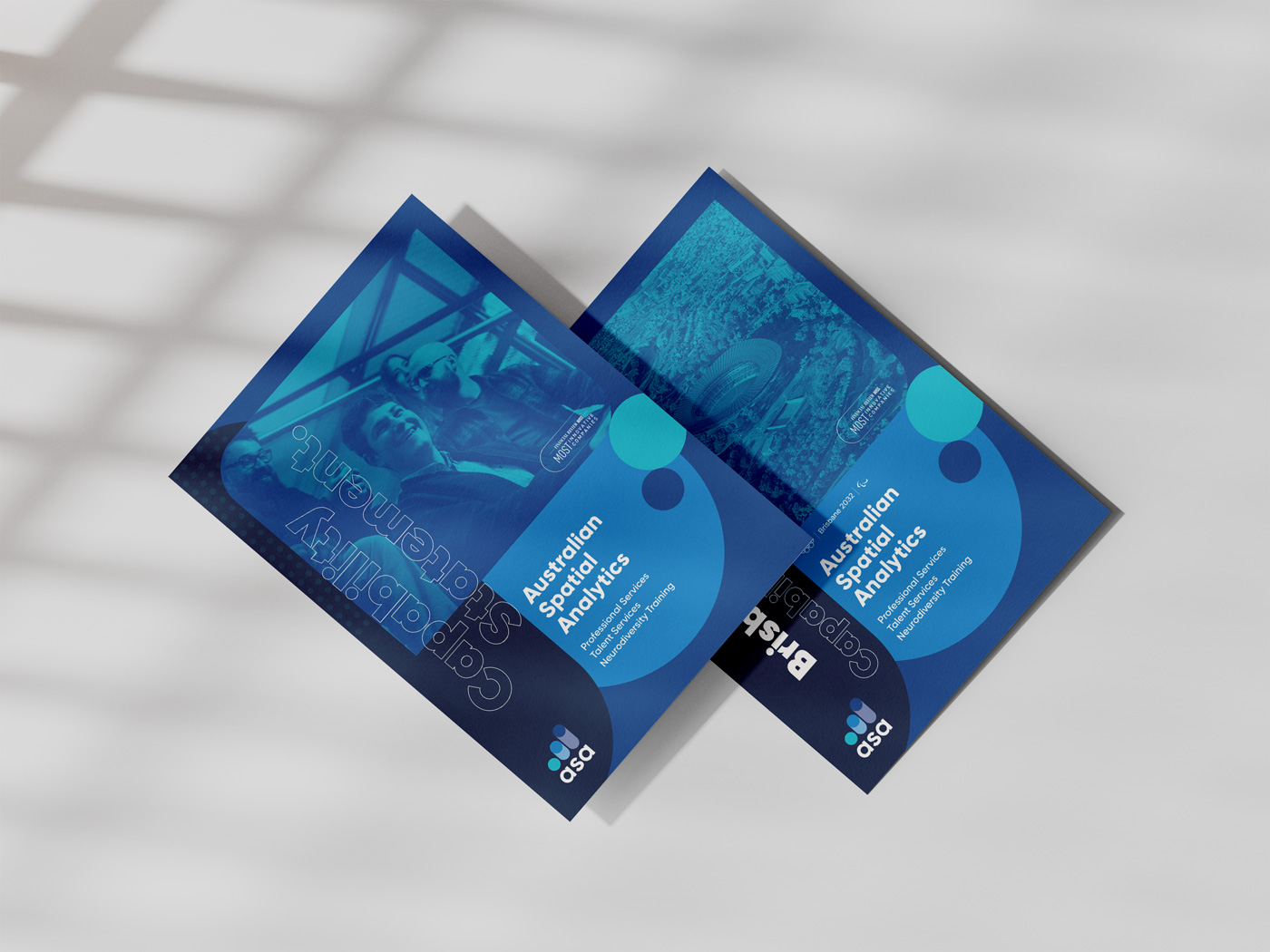Find out how Bailey has transformed from being unemployed to unstoppable in the big data economy.
Bailey is a Junior Data Analyst in our Cairns office. He has previously struggled socially and in the workplace due to undiagnosed Autism Spectrum Disorder (ASD). After finally being diagnosed in his early twenties, he landed a role with us and has thrived ever since. Read more about his incredible transformation below.
Bailey McCarthy: I’m from Cairns in Far North Queensland, just like Harrison. When I was growing up, I struggled socially at school, and I still do as an adult to an extent. Previously, I’ve had difficulty maintaining relationships with my family. But while I’ve found it hard to make friends in person in the past, I have also been active in a mainly online friend group for a few years now, and we speak nearly every day, whether we’re playing video games, a main hobby of ours, or just spending time talking to each other.
Before working at ASA, I worked at a supermarket for a few months during high school, and I also spent some time cleaning and organising at my father’s place of employment. However, dealing with undiagnosed ASD, trying to manage mental health issues and moving out of home for the first time in 2017, I struggled to stand on my own two feet when I attempted a bridging course at James Cook University. Unfortunately, I didn’t complete it as I had a breakdown. It took a few years to recover before I took the steps to get help.
Then, I was diagnosed with ASD in 2022 when I was 24, and everything made sense. I wasn’t surprised with the diagnosis, as I had always been ‘different’ from other people. I just never knew why. It helped me understand some of my ‘quirks’ and realise I wasn’t just introverted but struggled with understanding myself and others. Up until that point, I had never learnt how to navigate that. Unfortunately, being neurodivergent in a largely neurotypical world meant that I came across many barriers when I started looking for work. I still feel there is a lot of misunderstanding and misconceptions that some people have about ASD.
“We are not high-maintenance robots, but individuals who are specific, honest and can be the most loyal people you know. Being vague, not providing proper instructions, and being disingenuous can cause cycles of doubt and anxiety in neurodivergent people.”
Then, I came across ASA through my disability employment service. I had my first interview at the end of 2022. I didn’t make it through initially, but during the second phase of hiring for the Cairns office, I received an offer of employment to become a Junior Data Analyst. Until then, I hadn’t held a job since high school. ASA is my first serious role, and it’s the only time I’ve worked in an office environment.
Since becoming a Junior Data Analyst at ASA, I’ve worked in both the geospatial and digital engineering streams with Geographic Information Services (GIS) and Computer Aided Design (CAD). I have been involved in projects with the Department of Resources (roads and address validation), Ventia (fibreoptic cable rollout) and Enzen (electrical networks in Tasmania and New South Wales).
“The working environment created by ASA’s management and my co-workers has helped me significantly boost my social confidence and ability to function in new situations. Whether it is time spent one-on-one to develop my technical skills or People Success Officer (PSO) meetings to help with workplace soft skills, my co-workers at ASA always take time to help me or work together to solve problems.”
While I usually prefer to communicate online via tools like Teams and emails, I have gained the confidence to speak in person at ASA. My co-workers can empathise with me due to similarities in hardships or just by being good, genuine people who are patient and understanding. This has allowed me to come out of my shell, attend workplace social events, and confidently fulfil my duties as a Junior Data Analyst to help achieve team and client satisfaction. I have even presented my work to share knowledge with others.
“Having stable employment with ASA has helped me gain confidence in myself, achieve financial stability that aids me in supporting myself and my family, as well as the skills needed to help me achieve my personal and professional goals.”
ASA also provides us with an assistance program, PSO support, and the opportunity to participate as a mentee via a dedicated mentor program to help further develop our knowledge and skills.
I am very satisfied with the work I currently do at ASA. The experience I have gained as a Junior Data Analyst is essential for my professional development and career goals. My current goals are working towards a five-day workweek, achieving permanency and being promoted to a Data Analyst role so I can take on more responsibility.
I would be very interested in an embed-to-transition role with another organisation if given the opportunity. However, my current goals are to progress within ASA and become a full-time employee.
I am forever grateful for the opportunity ASA has given to me.




